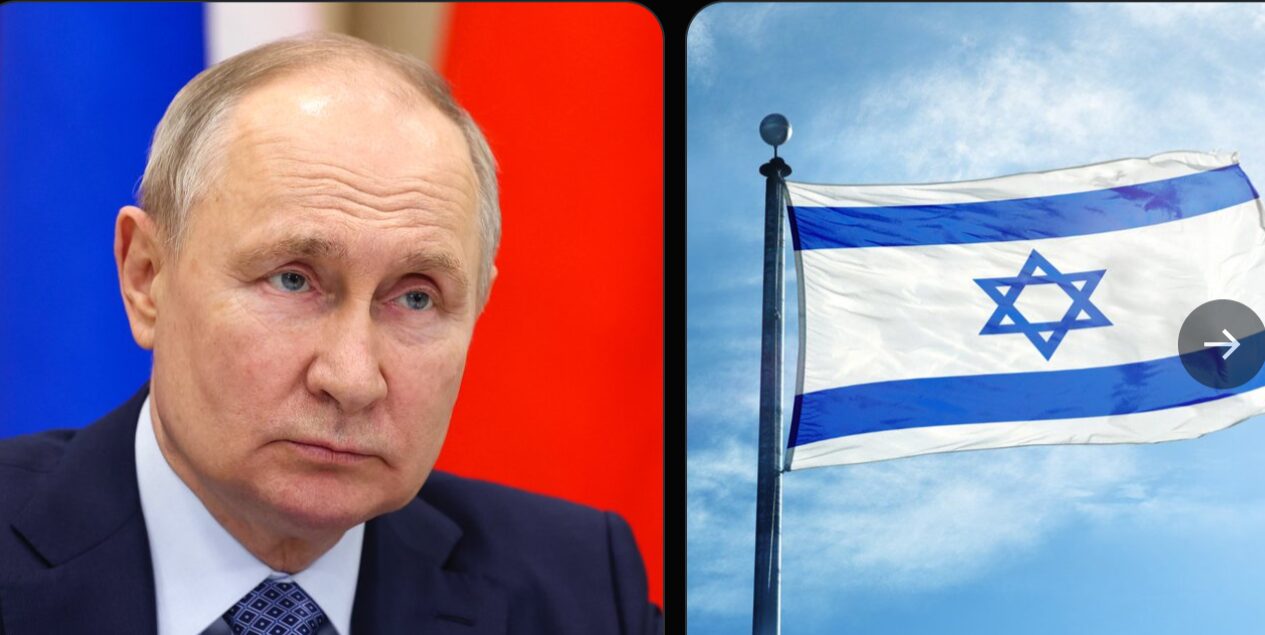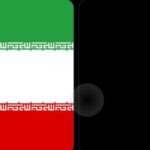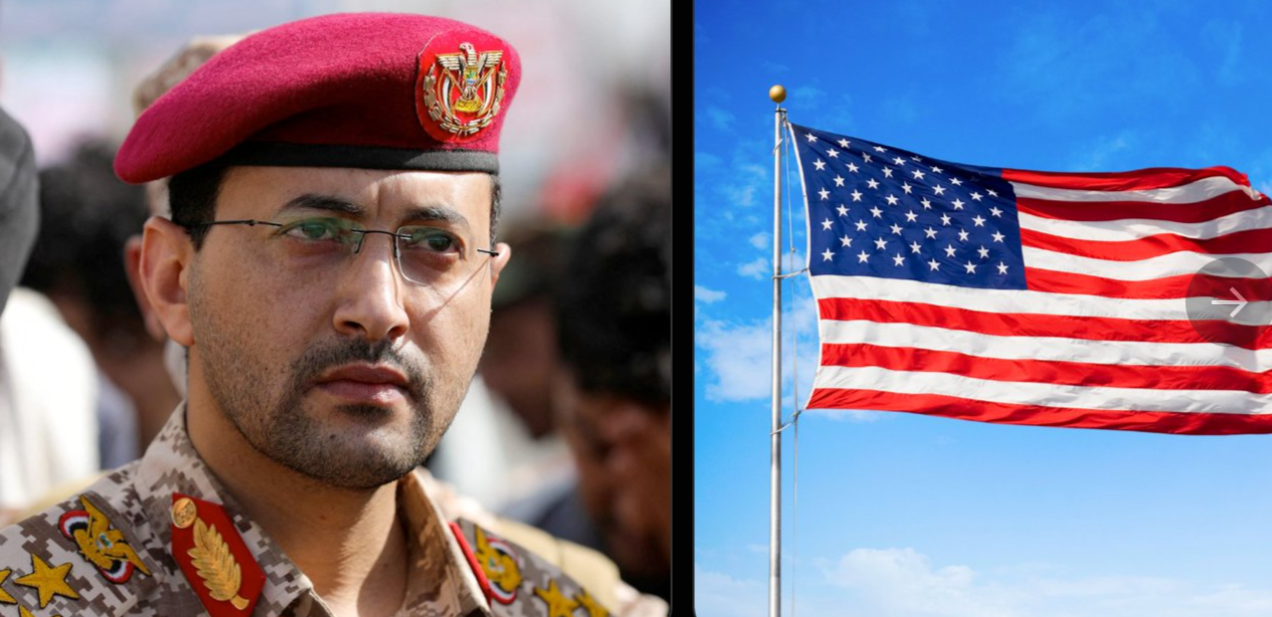YEMEN’S ANSAR ALLAH: “Any ship linked to the ZIONIST entity will NOT PASS through the Red Sea no matter the cost.”
Yemen’s Ansar Allah: “Any Ship Linked to the Zionist Entity Will Not Pass Through the Red Sea No Matter the Cost”
In a bold and provocative statement, Yemen’s Ansar Allah movement, also known as the Houthis, has declared that any ship associated with the “Zionist entity,” a reference to Israel, will not be allowed to pass through the Red Sea, no matter the cost. This declaration, made by senior Houthi officials, underscores the group’s ongoing resistance against what they perceive as foreign interference in the Middle East, particularly by Israel and its allies.
The Red Sea, a vital international waterway connecting the Mediterranean Sea to the Indian Ocean via the Suez Canal, has long been a strategic point of interest for global powers and regional actors alike. The Houthis’ threat to block Israeli-linked ships from transiting through the Red Sea has the potential to significantly impact both regional and global maritime trade, creating a fresh set of challenges for countries reliant on this route for economic and security reasons.
Background: The Houthis’ Ideological Stance
Ansar Allah, or the Houthi movement, emerged from northern Yemen in the early 1990s and became a prominent political and military force in Yemen’s ongoing civil war. The group, which follows the Zaidi Shia sect of Islam, has received varying levels of support from Iran, positioning itself as a key player in the broader regional struggle between Iran and Saudi Arabia. Since seizing control of Yemen’s capital, Sanaa, in 2014, the Houthis have expanded their influence and military capabilities.
The group’s ideological stance is heavily shaped by its opposition to what it views as Western imperialism and Israeli influence in the region. In this context, the Houthis have frequently denounced the “Zionist entity,” a term used in the Arab world to refer to Israel, as a destabilizing force in the Middle East. The Houthis have consistently expressed solidarity with Palestinian causes and have supported the notion of confronting Israeli influence in the region.
This latest statement, regarding the Red Sea, is part of the Houthis’ broader campaign against what they see as the expansion of Israeli influence in the Middle East. The group has previously threatened or attacked ships in the Red Sea, which is a critical maritime route for global trade, particularly for oil and goods moving through the Suez Canal.
The Red Sea: A Crucial Waterway
The Red Sea holds immense geopolitical and economic importance. It serves as a major shipping route for oil exports, as well as a key passage for goods transported through the Suez Canal, linking Europe to Asia and Africa. The narrow Bab el-Mandeb Strait at the southern end of the Red Sea is especially significant, as it connects the Red Sea to the Gulf of Aden and the Arabian Sea. A large volume of global maritime trade, including energy shipments, transits through this region.
For Yemen, the Red Sea is also strategically important, with the Houthis controlling large portions of Yemen’s western coastline along the Red Sea. The Houthi-held port of Hodeidah is a vital lifeline for Yemen’s humanitarian aid and imports, particularly as the country faces a severe humanitarian crisis amid the ongoing civil war. As such, the Houthis have become increasingly sensitive to the presence of foreign powers and any perceived interference in the Red Sea, particularly from nations they consider adversaries.
The Houthis’ statement about blocking ships linked to Israel, if acted upon, could create significant disruptions to maritime traffic. While Israel does not have a significant direct naval presence in the Red Sea, it maintains strong strategic ties with various Gulf states and countries around the region. Israeli-linked commercial vessels or ships carrying Israeli interests could be targeted by the Houthis, who have previously demonstrated their capacity to strike maritime targets.
The Geopolitical Context of the Threat
This latest threat comes at a time when tensions in the Middle East are already high. The Houthis have long been supported by Iran, which shares their opposition to US and Israeli policies in the region. Iran has provided military aid to the Houthis, including missile systems, drones, and other advanced weaponry. This support has fueled accusations that the conflict in Yemen is part of a larger proxy struggle between Saudi Arabia, which supports the internationally recognized Yemeni government, and Iran.
The Houthis’ statement may be seen as part of the broader struggle over regional influence between Iran and its adversaries, particularly Saudi Arabia and Israel. Saudi Arabia and Israel have developed increasingly close ties in recent years, particularly over their shared concerns about Iran’s growing influence in the region. Israel has maintained a low-profile presence in the conflict, but it has offered its support to Saudi Arabia and the UAE, which are both involved in the Yemeni civil war.
In this context, the Houthis’ threat to block Israeli-linked ships in the Red Sea is not only a challenge to Israel but also a direct challenge to Saudi and Emirati interests in the region. The movement is signaling its intent to further disrupt international shipping routes if necessary, particularly if it believes that such actions will further its anti-Israel and anti-Western agenda.
Potential Implications for Global Shipping and Trade
If the Houthis follow through on their threat, it could have far-reaching implications for global trade. The Red Sea, as one of the busiest shipping routes in the world, plays a central role in facilitating the transport of goods and energy supplies. A disruption in this vital trade artery could lead to delays, higher shipping costs, and disruptions to supply chains that extend well beyond the immediate region.
Furthermore, if the Houthis were to target Israeli-linked vessels or any vessels perceived to have connections to Israel, it could escalate tensions not only with Israel but with other global powers that maintain a presence in the region, such as the United States and European Union countries. The threat of an armed response from these nations could lead to increased military patrols in the region, potentially leading to further military escalation.
A blockade of the Red Sea by the Houthis could also exacerbate Yemen’s already dire humanitarian situation. Yemen is heavily reliant on imports for food, medicine, and other essential supplies, and any significant disruption to shipping would only deepen the suffering of millions of people in the country. International organizations, including the United Nations, have already warned that Yemen is facing the worst humanitarian crisis in the world, with over 20 million people in need of assistance.
The Role of the International Community
The international community has repeatedly called for a peaceful resolution to the conflict in Yemen, yet diplomatic efforts have largely failed to bring about a ceasefire or a political settlement. The Houthis’ continued threats to disrupt international shipping only complicate these efforts.
The United Nations, along with other international actors such as the United States, the European Union, and regional powers like Saudi Arabia and the UAE, will need to closely monitor the situation in the Red Sea. While the Houthis are unlikely to have the military capability to fully enforce a blockade, their threats could embolden other groups in the region or signal a shift toward more aggressive tactics in their campaign against perceived enemies.
To avoid a broader conflict, diplomatic engagement will be critical. The international community must prioritize dialogue and work toward de-escalating tensions in the region, particularly with regard to maritime security in the Red Sea.
Conclusion: A Critical Moment for the Red Sea
Yemen’s Ansar Allah movement’s declaration that it will block any ship linked to Israel from passing through the Red Sea is a bold and potentially destabilizing move. The Red Sea is a vital international waterway, and any disruption to this shipping lane would have serious economic and security implications, not just for the Middle East but for the global community. As the Houthis continue to solidify their control over Yemen’s western coastline, their actions in the region are becoming an increasingly important factor in the broader geopolitical landscape.
The threat posed by the Houthis underscores the ongoing volatility of the Yemen conflict and the broader Middle East. It remains to be seen whether the Houthis will follow through on their promise, but the international community must prepare for the possibility of further escalation in the region, with all its attendant consequences for trade, security, and humanitarian conditions.

















Post Comment